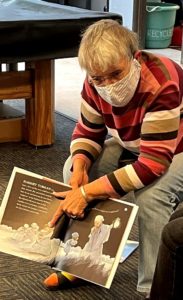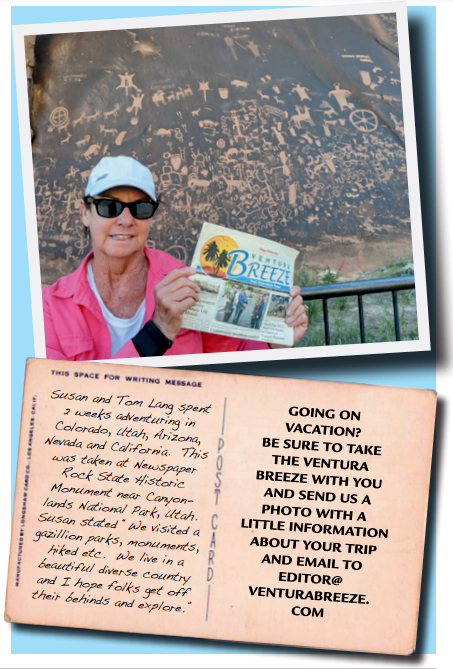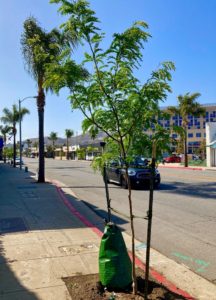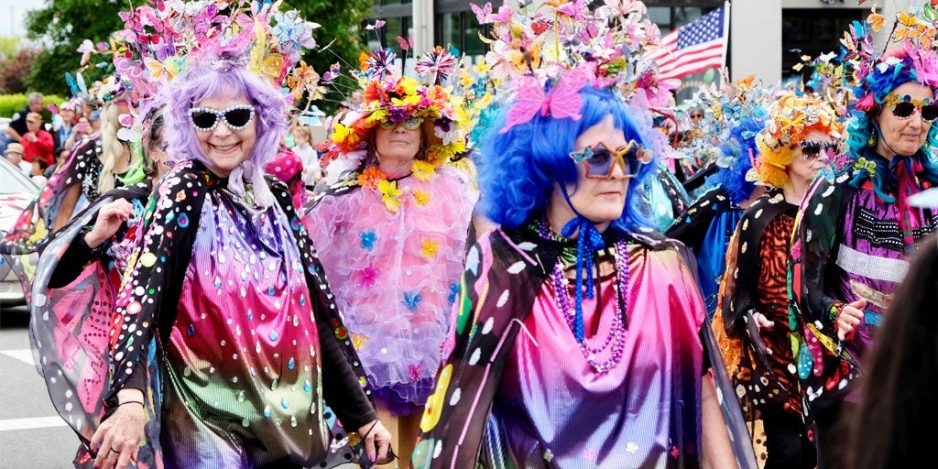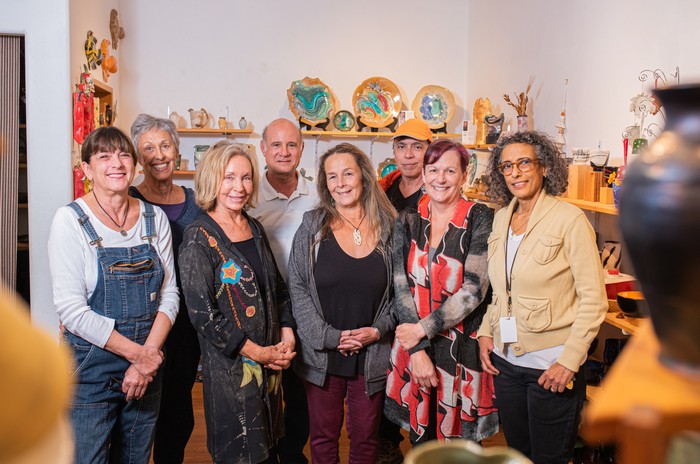With an eye for plans to expand its theatrical programs, the Ojai Performing Arts Theater (OPAT) announces two new board members, Jane Seiler Weil and Michal Gaidano. Ms. Weil will become the first Chief Operating Officer (COO) for OPAT, and Ms. Gaidano will assist with special events and other functions.
“OPAT has some wonderful ideas about expanding its offerings,” said Ms. Weil, “and bringing in talent from all over Southern California. I’m excited about joining the board at such a launching point of its growth and, of course, most excited about working with Joan Kemper and learning from her.”
Many in Ojai are familiar with Jane Seiler Weil for her work with the Weil Tennis Academy, various charities, and as President of the Ojai Unified School District. She comes from theater originally with a professional reputation at leading theaters across America and overseas for production work from lighting design to stage management.
Michal Gaidano and her husband Don have been involved with theater in Ojai since they moved here in 2010.
OPAT has several projects in the wings awaiting the relaxing of COVID restrictions, including the production of “Harvey,” which was forced to close just one week before opening in 2020. Stay tuned for more news at OjaiTheater.org.
Starting in June 2021, the Humane Society of Ventura County (HSVC) in partnership with Ojai Valley Library Friends and Foundation (OVLFF) and Ventura County Libraries will begin a read-aloud program that promotes the proper treatment of animals. The program is being initially piloted with three Ojai Valley Libraries in the hope it will grow to include other Ventura County Libraries over time.
Kris Humphries, OVLFF Outreach Chair says, “The Ojai Valley Library Friends and Foundation (OVLFF) is honored to be partnering with HSVC on another literacy program to serve the Ojai Valley community. OVLFF’s sponsoring of the RedRover Readers Program is another fantastic opportunity to bring literacy, a love of reading, and humane education to our youth.”
The program was created by RedRover, a national nonprofit animal welfare organization and aligns perfectly with the missions of all the organizations involved. The new books will be used in the Ojai Valley Libraries (Oak View, Meiners Oaks, Ojai) and read aloud by HSVC Humane Educator, Angie Chupek Sagliani.
HSVC is excited about the possibilities of seeing this literacy program grow throughout Ventura County. RedRover Readers is an essential program that uses books about animals to help students practice making responsible decisions and become more aware of themselves and their communities.
Inspired by the previous collaborations, the Little Free Library and the Animal Reading Friends (A.R.F) program was built with the help of OVLFF. Now that the libraries are scheduled to open, RedRover’s Readers program will further develop the themes of literacy and empathy. The hope is that HSVC can create a culture of compassionate and mindful animal advocates.
“I hope that these partnerships that we created this month will last a long time,” says Angie Chupek Sagliani. “I feel excited to promote positive animal care through literacy.”
For more info on the Humane Society of Ventura County, visit www.hsvc.org.
